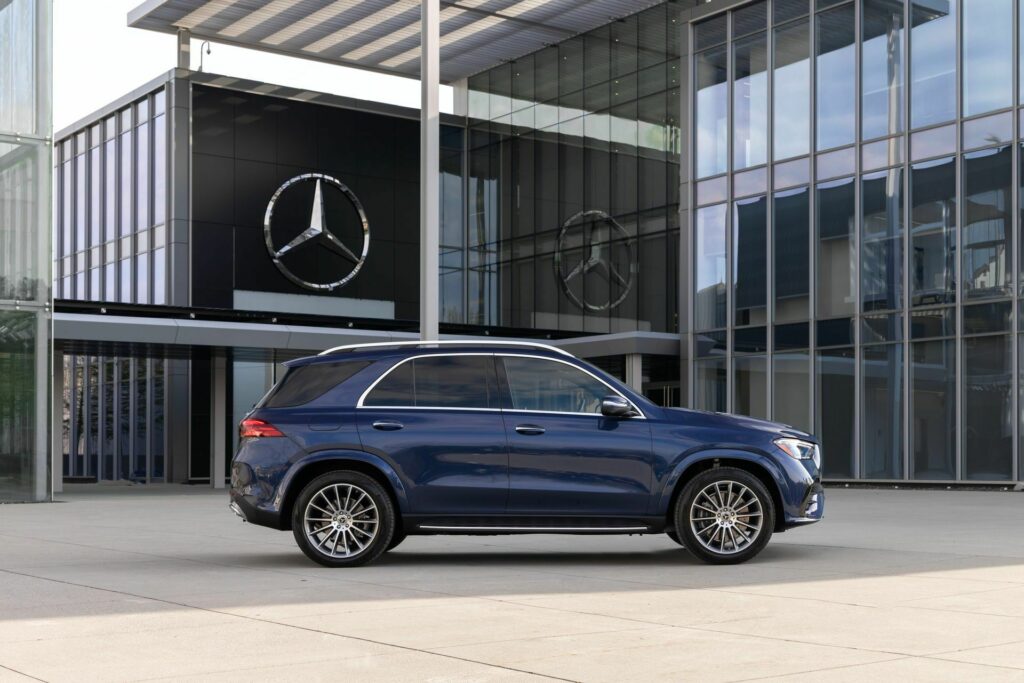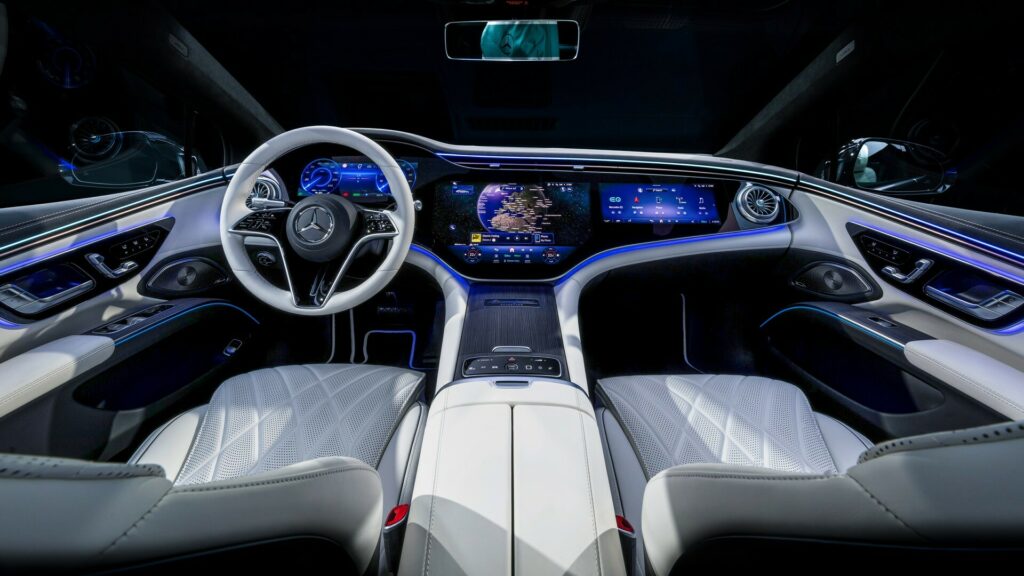- Mercedes-Benz is investing €1.8 billion to counter a 9% sales drop in China this year.
- A new extended-wheelbase GLE will be produced locally in China, not imported from the U.S.
- The next-gen CLA and an all-electric V-Class are part of Mercedes’ expanding Chinese lineup
Mercedes-Benz is gearing up for a massive investment in its Chinese operations, aiming to turbocharge local sales with a particular emphasis on SUVs.
China has long been a crucial market for luxury automakers. Last year, Mercedes-Benz sold 737,200 passenger cars there, far surpassing the 659,400 units it moved across Europe and the 298,000 vehicles it sold in the U.S. But despite a 7% sales bump in Europe through 2023, China saw a 2% drop. The situation deteriorated further in Q4 2023, with sales in the People’s Republic plunging by 8%.
Read: Mercedes GLE Coupe Is Going Back Under The Knife
Between January and July, Mercedes reportedly sold 416,000 vehicles in China, a fall of more than 9% compared to the same period last year. This hasn’t gone unnoticed, and investments worth the equivalent of €1.8 billion ($1.9 billion) are being readied alongside joint venture partners.
A source recently told Handelsblatt that an extended-wheelbase version of the popular GLE is in the works. This news isn’t just significant because LWB (long-wheelbase) vehicles are a hit in China; it’s also because this model will be developed and produced locally, unlike the standard GLE which is imported from the U.S. The new GLE’s wheelbase is expected to stretch by about 11.8 inches (300 mm).

Mercedes-Benz is also set to expand its Chinese lineup with the next-generation CLA, available in both electric and internal combustion engine versions. Additionally, an all-electric V-Class MPV is on the horizon for next year, marking a significant step in Mercedes’ commitment to cover more segments.
One car performing particularly poorly in China is the Mercedes-Benz EQS. The German publication says that just 663 units were sold in the first seven months of this year, less than half of what it sold last year. A key reason for this is thought to be the ongoing price war among EV makers in China, one in which Mercedes hasn’t participated.




